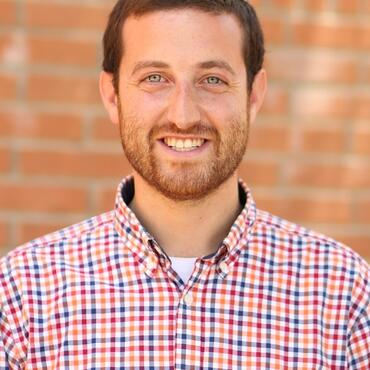Session 1: AI and Its Impact on OA
Artificial intelligence applications are often trained on a large corpus of data, and many developers have turned to open access content as a primary source of current textual data with which to train their models. However, this situation creates a number of secondary questions, such as attribution required by CC BY licenses, commercial use of CC BY-NC content, quality issues arising from predatory publications, mining of preprints, or the inclusion or not of indigenous knowledge in these systems.
Panelists:
Todd Carpenter, Executive Director, NISO
Robert Harington, Associate Executive Director, Publishing, American Mathematical Society
Julie Kostova, Director, Publishing, Frontiers
Roy Kaufman, Managing Director Business Development and Government Relations, Copyright Clearance Center (CCC)
Session 2: AI and Its Impact on Research Integrity
Artificial intelligence tools also present challenges for research integrity. Generative content systems can be used to create papers, or images that might be used in scholarly communications. Obviously, outright fraud potentially possible by using these tools is inappropriate behavior, but other applications might require a more nuanced consideration. Perhaps a researcher uses an AI application to help with the fact that English is their second language and uses the tool to improve their style. When is the line crossed? Meanwhile, publishers are exploring the use of neural network tools to discern fraudulent submissions. Are these as reliable as they purport to be?
Panelists:
Leslie D. McIntosh - VP of Research Integrity, Digital Science
Anita Dewaard - VP of Research Collaborations, Elsevier
Avi Staman - Founder and CEO of Academic Language Expert
Trade event
Ludwig-Erhard-Anlage 1
60327 Frankfurt am Main
Germany






